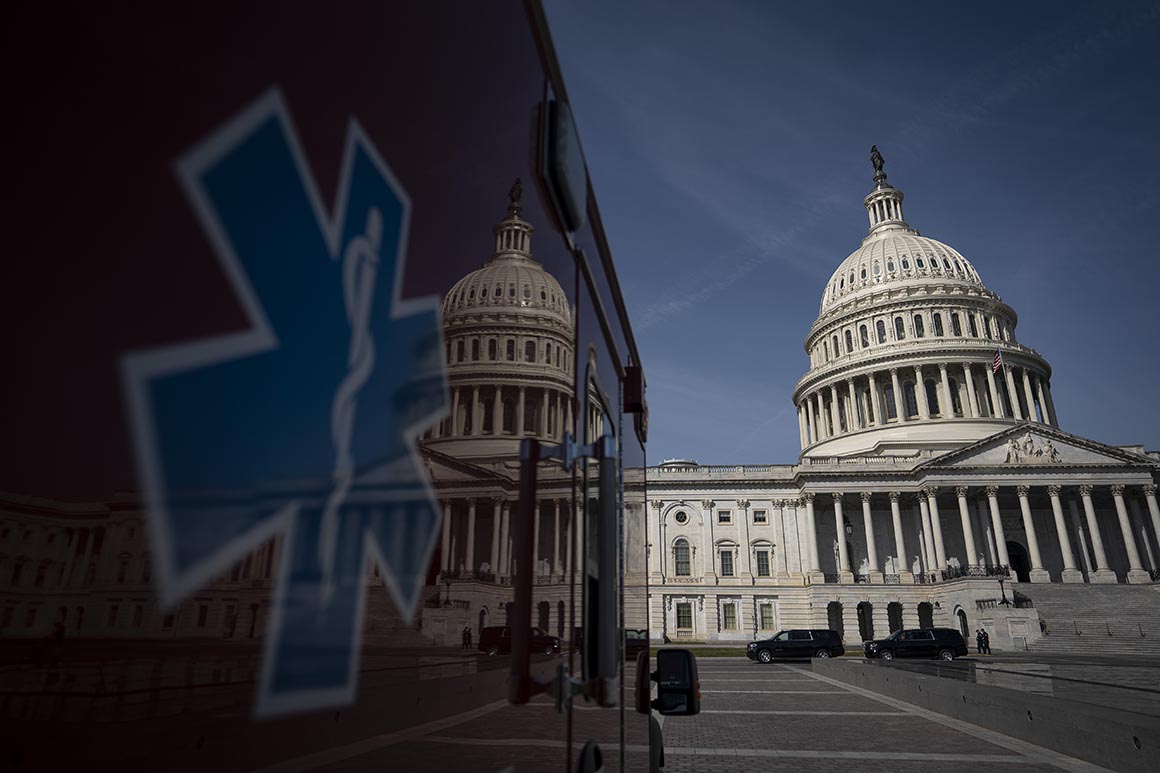
The legislation amounts to the largest infusion of federal funds ever into the U.S. economy. But Congress will likely have to provide several more tranches of pandemic relief that could cost trillions of additional dollars as unemployment claims soar, businesses struggle to survive and the number of deaths continues to rise.
Congressional leaders are currently mired in disagreement over an “interim” coronavirus aid package. Republicans want to swiftly boost small business aid by $250 billion, while Democrats want to attach $250 billion in extra funding for states and hospitals, as well.
CBO cautioned that its estimate comes with a number of significant caveats. For example, exactly how federal agencies implement the bill and how the Federal Reserve sets up emergency lending facilities aren’t fully known, and the effects of the virus on the labor market and the economy are „difficult to predict.“
The cost of Covid-19 vaccines is still unknown, the agency added, in addition to the duration of emergency declarations nationwide sparked by the pandemic.
Meanwhile, the National Governors Association has warned that states will need at least $500 billion to bounce back from devastating budget shortfalls, and the Consumer Bankers Association has said more than $1 trillion may ultimately be needed to satisfy America’s struggling small businesses.
With the passage of three bills last month to combat the coronavirus pandemic and its economic fallout, the Committee for a Responsible Federal Budget estimated on Monday that budget deficits will total more than $3.8 trillion this year and $2.1 trillion in 2021.
Debt held by the public will exceed the size of the economy by the end of this fiscal year „and eclipse the prior record set after World War II by 2023,“ the fiscally minded organization projected.
Source: politico.com
See more here: news365.stream






